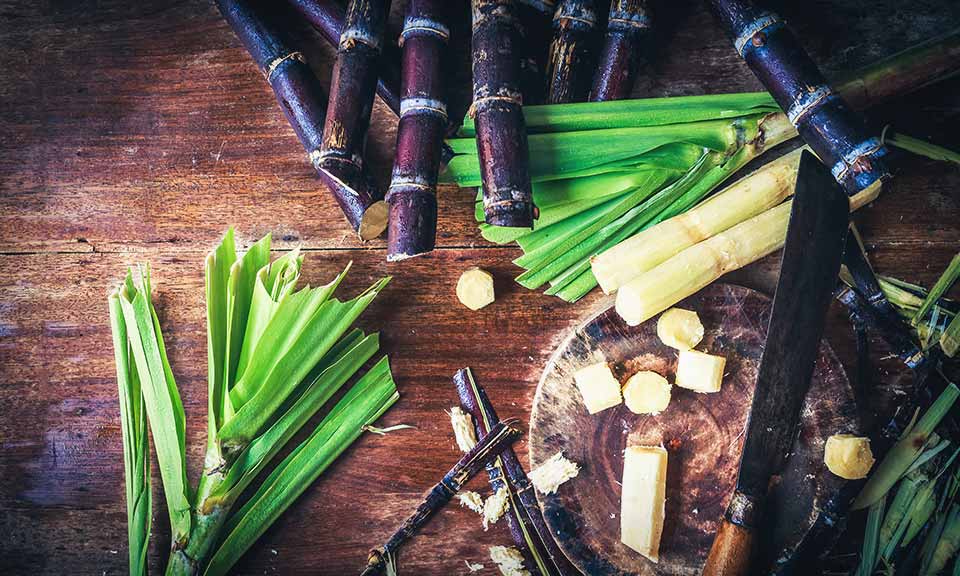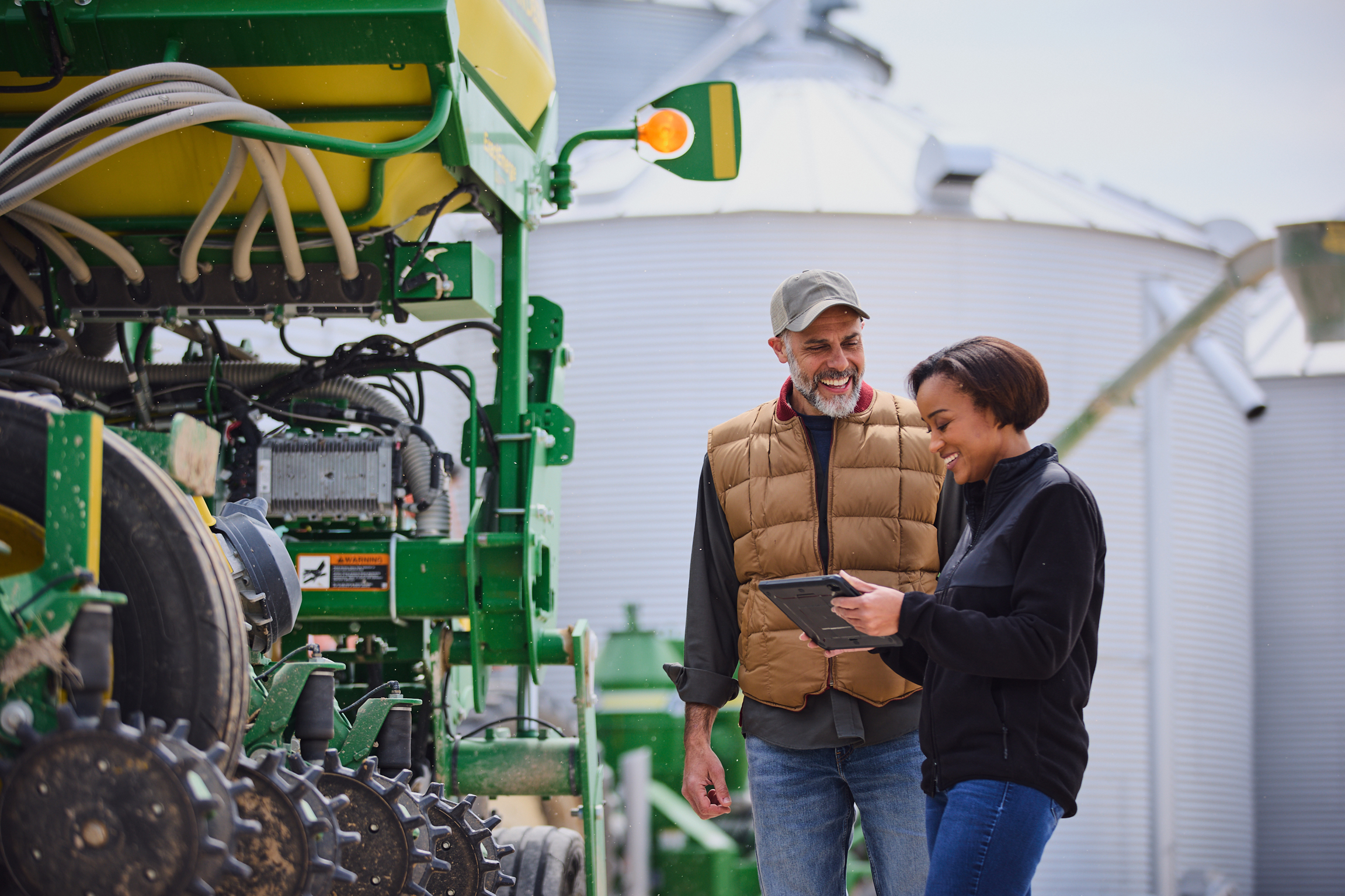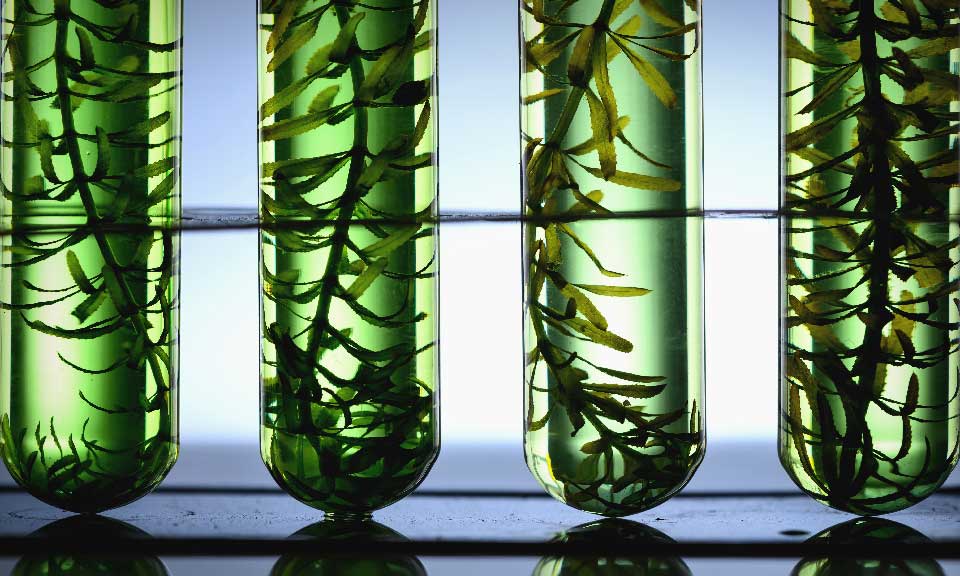Probe results into Thai sugar's evasion of trade remedies may hit trade flows: sources

Asian sugar traders are anticipating a change in trade flows as the conclusion of an investigation by Vietnam's Ministry of Industry and Trade into the evasion of trade remedies for Thai-origin sugar draws near, sources said July 19.
The ministry released a final draft of the investigation July 14, with the final report likely to be released July 21.
In the wake of this announcement, several Asian sugar traders expect increased hesitation about trading activity into Vietnam until the final report is released.
The Vietnamese government has imposed a 47.64% duty on imported cane sugar from Thailand since June 16, 2021, to protect domestic sugar prices and production. However, Vietnam continues to see a huge import of Thai sugar. Data from the General Department of Vietnam Customs showed that five ASEAN countries -- Cambodia, Indonesia, Laos, Malaysia, and Myanmar -- exported significantly larger volumes of sugar to Vietnam after the anti-dumping duties went into effect.
Consequently, the Vietnam Sugar Association urged the Ministry of Industry and Trade to launch a duty evasion investigation on Thai sugar, which commenced in September 2021. The association alleged that Thai sugar was being brought into the country via neighboring ASEAN countries, thereby evading anti-dumping duties.
The Ministry of Industry and Trade confirmed these allegations in its final draft conclusion. Additionally, it proposed applying anti-circumvention measures on refineries, sugar factories, and export shipments from the five investigated countries that fail to prove the absence of Thai-origin sugar in their raw materials.
Beyond the anti-circumvention measures brought up in the draft conclusion, some market sources also pointed to the possibility of anti-dumping tariffs being extended to other ASEAN countries.
"According to my Vietnam sources, it is likely that on July 21 trade restrictions will be placed on sugar from Indonesia, Malaysia, and Cambodia only. The trade flows to Myanmar and Laos are still very strong," said a Singapore-based trade analyst.
A Thailand-based sugar trader said, "I believe they will try to protect their sugar industry, so more trade restrictions will not be a surprise."
While domestic prices in Vietnam have dropped, they remain within a historically high range. According to market participants, the average domestic price of sugar was 18,300 VND/kg ($750-$800/mt) in June. This is about 50% higher than prices in 2020, which were reported at around 11,000 -13,000 VND/kg ($470-$550/ mt) before Vietnam removed import taxes on ASEAN countries.

News
Bayer AG has announced the pilot of an expert generative AI (GenAI) system that “quickly and accurately” answers questions related to agronomy, farm management and Bayer agricultural products. The pilot has been developed in collaboration with Microsoft as leading technology partner and Ernst & Young (EY) as an industry partner, the company said. The system is the result of Bayer using proprietary agronomic data to train a large language model (LLM) with years of internal data, insights from thousands of trials within its vast testing network and centuries of aggregated experience from Bayer agronomists around the world, the company said. “Our unique GenAI system has the potential to serve agronomists and benefit farmers all over the world, further advancing AI as an indispensable technology for agriculture,” said Amanda McClerren, CIO and head of digital transformation & information technology for Bayer’s crop science division. Bayer said it is exploring ways to integrate the expert GenAI system into its digital offerings, and the company anticipates broad opportunities for collaboration with other agricultural offerings and partners. “Bayer aims to expand the pilot of the expert GenAI system to selected agronomists and potentially farmers as early as this year, while continuing to advance a separate GenAI prototype allowing users to directly query their own farm data,” the company said. In addition, the partnership between Bayer and Microsoft enables the company to bring ready-made capabilities, AgPowered Services, to the agri-food industry, such as Bayer’s Historical Weather that brings a comprehensive weather dataset to Azure Data Manager for Agriculture that spans the last 40 years and provides detailed, field-level weather insights across global agricultural regions, the company said. Integrating tools from IBM, including from the IBM Environmental Intelligence Suite, the new capability, which was previously available for internal use only, can inform weather risk assessments and actuary processes, Bayer said. It will also be used by Bayer and others to forecast crop seasonality and production changes year over year, as well as train agronomic models, it said. Meanwhile, Bayer is developing a connector that enables access to irrigation data from Lindsay Corp., an industry-leading irrigation solution provider. This expands the data types available to Azure Data Manager's enterprise customers, making it possible for them to connect to irrigation data in the same way as weather, imagery, original equipment manufacturer (OEM) and other data types, the company said. The new cloud offerings will also support regulatory and sustainability reporting, such as providing supply chain traceability that can help ensure compliance with new laws such as the EU Deforestation Regulation, which is expected to go into effect at the end of 2024, Bayer said. This article was first published in chemweek.com. Photo credit: Bayer

News
Asia has seen the fastest growth in biofuels production and exports globally, driven by government policies and export markets for feedstocks. To capitalize on the boom, governments have rapidly pushed out biofuel mandates focused around their country’s main agricultural products. Presently, the largest biofuel producers in the region are China, India, Indonesia, Malaysia, the Philippines and Thailand. Here’s a ready reckoner for Asia’s major biofuel policies along with production, trade and prices. Click for the full-size infographic